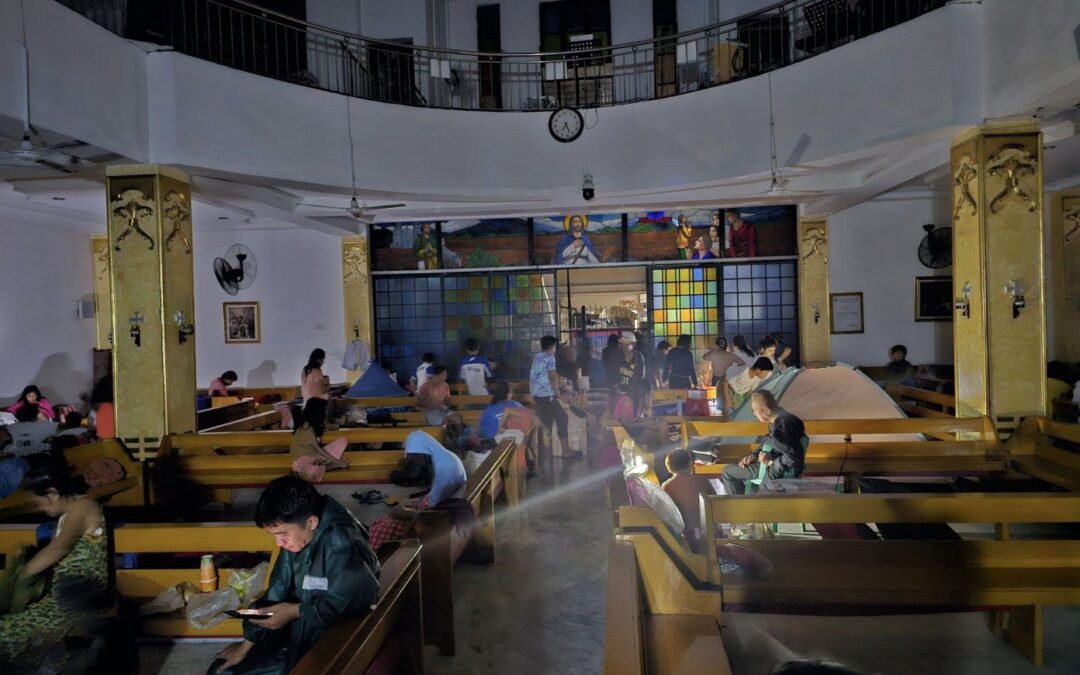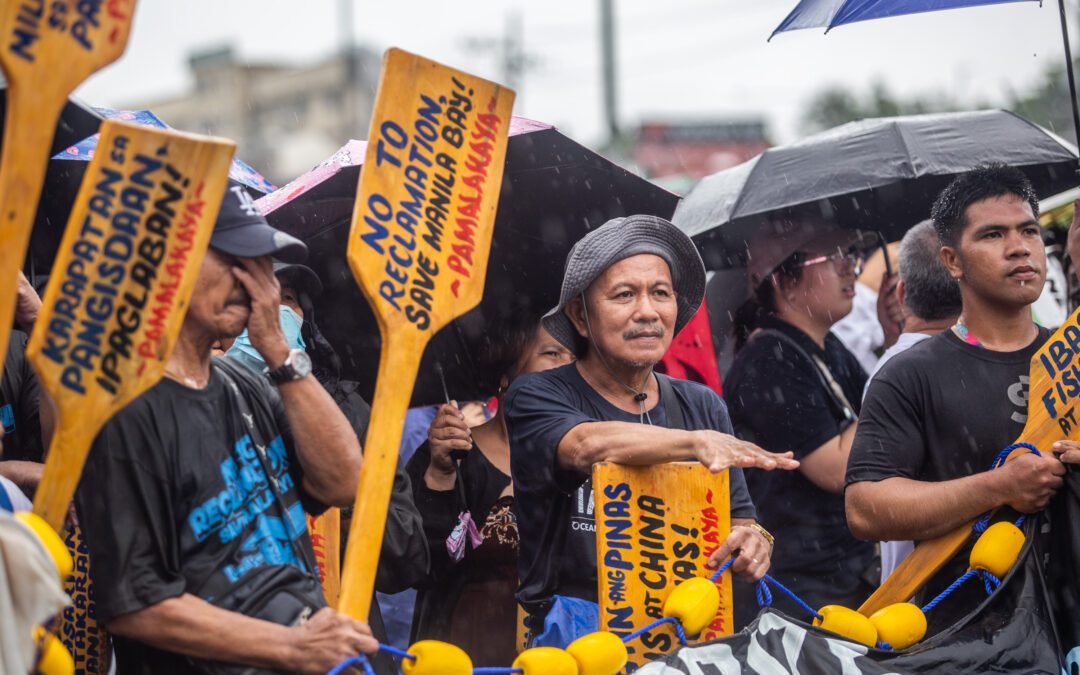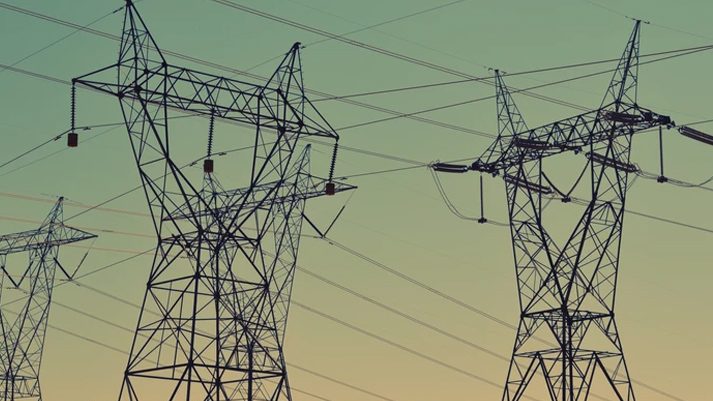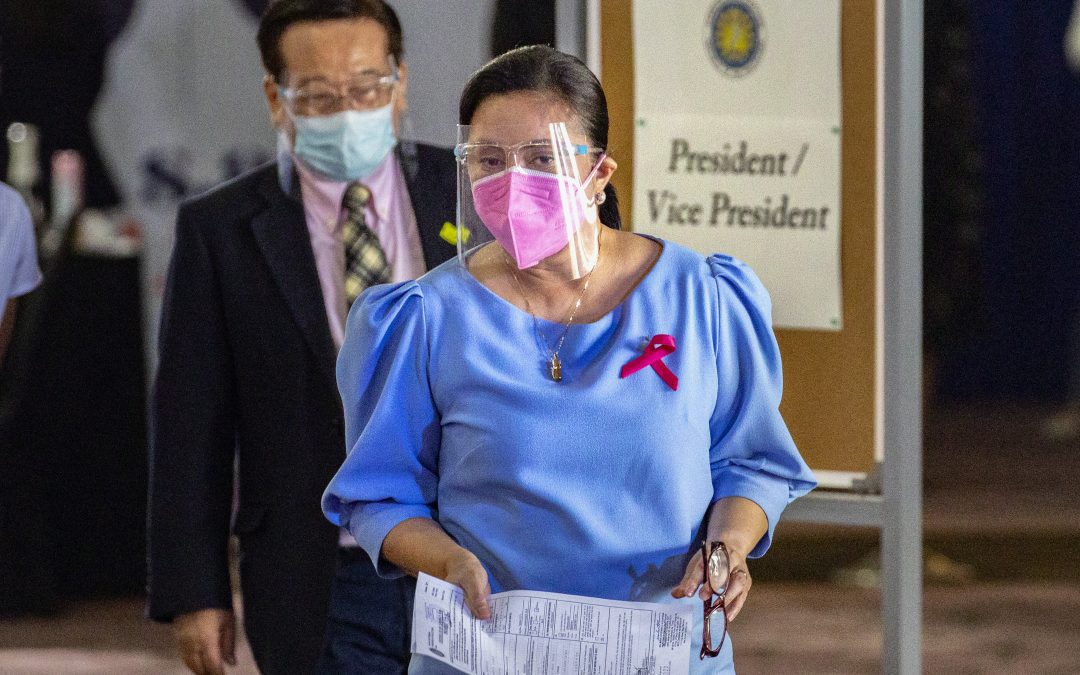A network of pro-environment organizations has challenged the city government of Dumaguete to uphold its climate policies and scrap the proposed reclamation project.
Aksyon Klima on July 21 said local officials must revisit the provisions of its “2017-2022 Comprehensive Local Climate Change Action Plan – Disaster Risk Reduction Plan.”
The plan includes provisions on infrastructure development, which has to be “properly sited and designed so as not to become a source of anthropogenic hazards.”
It also states that “ecological function shall be paramount over economic and other considerations when allowing the use of protected areas.”
The group made the call after the local government of Dumaguete announced the proposed 174-hectare reclamation project to pave the way for the planned development of a “Smart City.”
Rodne Galicha, convenor of Aksyon Klima, said the adverse impacts of the P23-billion project to the environment and peoples’ health “would outweigh” its economic benefits.
“While we understand that the project could promote economic, social, and political development, it will bring too much destruction than benefits, especially in the era of the ecological crisis,” said Galicha.
“The reclamation may result in erosion of coastal soils and liquefaction, leaving the area more prone to incidences of flooding, sea-level rise, and earthquakes,” he said.
The project threatens four marine protected areas in Dumaguete including more than 200 species of fish.
Myka Reambonanza, student council president of Silliman University in the city, said the proposed project “did not undergo public consultations.”
“We call on the city government to scrap the project, which will not only displace communities but will also destroy the massive marine biodiversity,” she said.
Last week, the Diocese of Dumaguete expressed its opposition to the project, saying that the local government “must consider the scientific and environmental implications, not to mention its impacts on the cultural and moral life of the people in the local community.”
In an open letter, the diocese urged the city government to “promote transparency and dialogue” by organizing a public forum that “concerned people and institutions could take part in the discussion in order to promote transparency and dialogue.”
On March 24, the diocese rallied various stakeholders in a forum on the proposed project and invited experts to point out its “overwhelming environmental threats and damages” to marine life and local communities.
The city government has already issued a Notice of Award to the project proponent on June 23.
Galicha said the “Smart City” development is “nowhere to be found” in the city government’s climate change action plan as climate mitigation and adaptation strategy, nor that of disaster risk reduction.
This is yet another example of the misguided perception that achieving development must come at the expense of environmental and people’s health, which has been prevailing in the Philippines for far too long,” said Galicha.






0 Comments